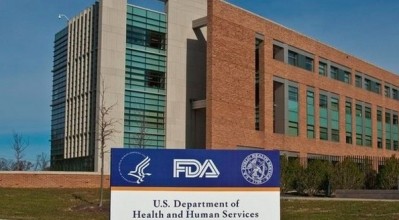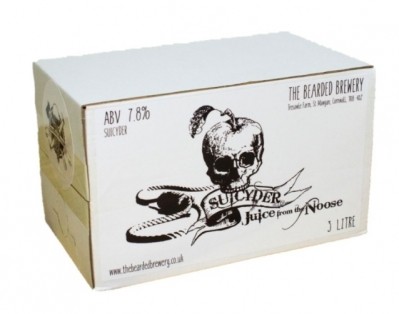From the Editor's Desk
Probiotics under fire: ‘When a doctor treats himself, he has a fool for a patient’

The essay submitted to the WSJ has the title, Those Probiotics May Actually Be Hurting Your ‘Gut Health’, and was authored by Dr Lorenzo Cohen is director of the Integrative Medicine Program at the University of Texas MD Anderson Cancer Center in Houston.
In the article, Dr Cohen describes how, after being diagnosed with melanoma, he decided to change his diet by reducing his intake of refined carbohydrates and whole grains, and he increasing his consumption of probiotic-rich foods and beverages (but he doesn’t say exactly what these foods and beverages are – were they truly probiotic foods containing well characterized strains, or were they fermented foods, which may not necessarily be “probiotic”?).
Six months later, he was “shocked” to find that his gut microbial diversity was less than before he started.
So, he then stopped consuming the probiotic-rich foods and beverages and added more fermentable fibers (ie. prebiotics) back into his diet. The results, he says, were “startling”.
“Not only did the diversity increase, the change completely reversed the negative effect of the probiotics-rich, low whole-grain diet and even improved my gut health over my previous vegan diet,” wrote Dr Cohen.
And this is then followed by what is, for me, the key paragraph in this whole mess of an essay: “In my case, we do not know for sure what caused the increase in biodiversity—decreasing the probiotic-rich foods, increasing healthy whole grains and seeds, or a combination of both. It’s possible that too much consumption of a narrow band of probiotics may disrupt an otherwise diverse and healthy microbiome. Or it may be more important to keep up the consumption of grains because they are the main food source for beneficial bacteria.”
So, what we learned from this was that we don’t really know what happened. We don’t know what species or strains were consumed. We don’t know at what levels they were consumed. But we do know he cut out the consumption of prebiotics, which is never good. He starved his gut microbiome of food, added a bunch of transient new species, and was “shocked” at the result? And we also know that that there was no third arm to Dr Cohen’s self-experiment that would have combined the probiotic-rich foods and beverages with more fermentable fibers.
Experts from the International Probiotics Association have also weighed in on this, telling me: “In healthy subjects, probiotics do not tend to change the composition of the intestinal microbiota; in cancer patients this may, of course be different. What is well established, however is that increased consumption of fermentable fibers changes the composition and activity of the intestinal microbiota.
“Diversity should not be a target itself. It matters what microbes are in the microbiota and what ecological functions can they fulfill. So, the observed reduction in diversity (alpha or beta diversity?) in itself does not say much. Furthermore, how big was the reduction and what was reduced?”
Basically, we have more questions than answers and much more research and analysis is needed, so I don’t know how you can then publish this under the headline, “Those Probiotics May Actually Be Hurting Your ‘Gut Health’.”
With all due respect, for a scientist, this is an incredibly unscientific self-experiment. I discussed this with a couple of industry friends this week, and one of them immediately recalled the old saying, “When a doctor treats himself, he has a fool for a patient”.
Not a lone example
As the popularity of probiotics continues to grow the industry should be ready for more scrutiny and criticism. Robust scientific debate will only be good for all involved, and I would hope that key stakeholders are already reaching out to Dr Cohen to start a conversation. But, nevertheless, it is disappointing when the criticism is unscientific and accompanied by sensationalist headlines.
A little over a year ago I penned an editorial that looked at an article published on the BBC that which ran with the headline Probiotics labelled 'quite useless'. The BBC article confused colonization with efficacy. This new article feeds into that confusion. It also mentioned the same widely criticized studies from the Weizmann Institute that investigated the impact of probiotics after a course of antibiotics.
These kinds articles will continue to appear, and the torch bearers in the industry and scientific communities must continue to stay alert and responsive. The field is fast paced and complex, and stakeholders need to continue to devote time to education – educating the public, the journalists, and even the medical community. Much work is still required.
*************************
Stephen Daniells is the Editor-in-Chief, North and South America of William Reed Business Media, which includes the market-leading publications NutraIngredients-USA and FoodNavigator-USA. Stephen obtained a PhD in chemistry from the Queen’s University of Belfast, Northern Ireland, and held post-doctoral research positions in The Netherlands and France before taking the leap into journalism in 2005. In 2015, he received the American Herbal Products Association’s Special Award for Journalistic Excellence. Stephen also acts as the editorial consultant and chair of William Reed’s Probiota Americas event.
















